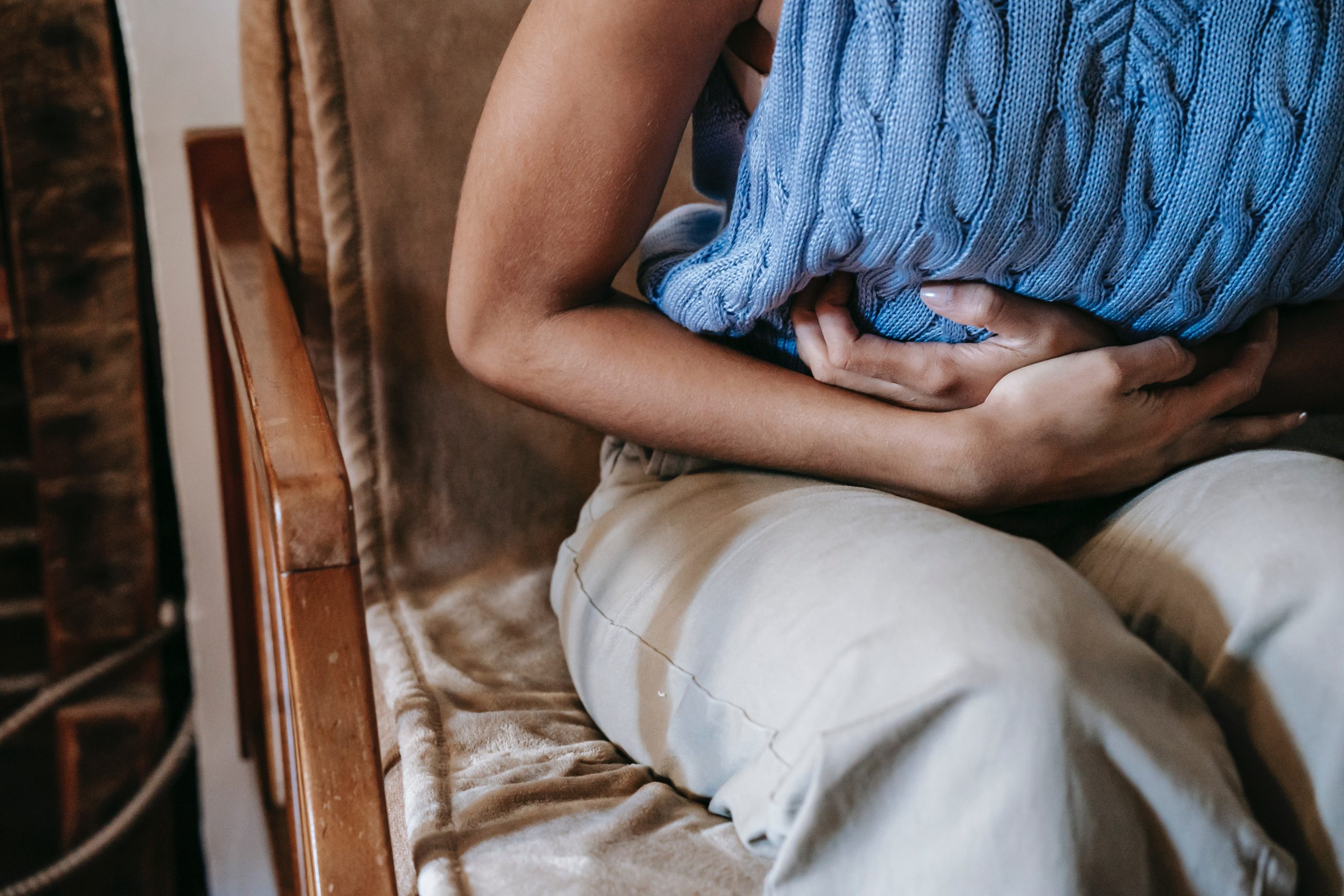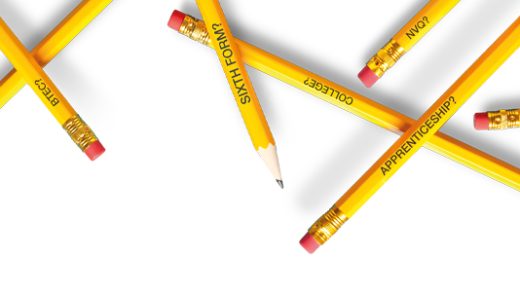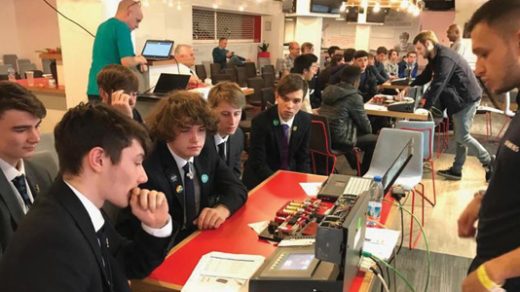Students still missing school due to period product shortages

52% of female students in UK schools did not find period products freely available in washrooms, a new survey has revealed.
In-fact, altogether girls are missing 54 days of education over the course of their teen school and college years due to their periods.
This is the equivalent of 11 academic weeks, and worse than before period equality schemes were in force at schools, according to a new study released by washroom provider phs Group.
One of the reasons for staying off is that no period products were available to students in schools (8%). This is 3% higher than in 2019, a surprising statistic considering the widespread adoption of period equality schemes across the UK.
The third consecutive research paper on period inequality in the UK, Period Equality: Breaking the Cycle, is the longest running research into absenteeism and periods in the UK. It has revealed that while significant progress has been made in making menstrual products more accessible in education settings through funding them for free, one in seven students did not know if products were available.
While period equality schemes across the UK have been lauded as a success with extremely high engagement from schools– in England alone, 99% of secondary schools have ordered their quota of products since the scheme began, the new statistics highlight issues getting products to girls, and keeping girls in lessons.
The research paper is based on the opinions of 1,262 girls aged 13-18 years across the UK and builds on insight from two previous surveys by phs Group in 2019 and during the Covid pandemic in 2021.
Kelly Greenaway, period equality lead at phs Group, said: “It’s important to recognise that huge advances have been made in giving girls access to free period products in schools across the UK. What we must do now is close the gap between providing schools with all the products they need and getting them into the hands of any girls that need them, for whatever reason.
“We know from our own data providing schools with products, that they have more than enough for their girls, so we need to tackle the misconceptions around free access to products in washrooms, and the stigma and shame that goes hand in hand with failing to have open conversations about menstruation.”
“We are incredibly proud of our work to highlight the issues faced by millions of girls, and we remain as passionate and committed as ever to work with governments and local authorities to support educators to deploy the necessary measures to ensure that period inequality becomes a thing of the past.”
Statistics from the 2023 research include:
· On average, girls in the UK miss three days each term due to periods – more than for any other reason, including colds and flu (2.6 days), mental health (1.9 days) and truancy (1.2 days).
· More than half of girls surveyed (54%) are still taking time off school due to their monthly cycle – roughly the same number as in 2019 before products were freely available at school (52%)
· The number of students who say they are likely to miss school or college over the next year due to their periods has soared to more than half (52%) – more than double the quarter (25%) revealed in phs’ first poll in 2019 and a 12% increase on 2021.
· The vast majority (82%) continue to blame period cramps for missing school. However, almost 1 in 5 (19%) of those polled stay away from lessons because they are embarrassed about being on their period – no real improvement from 2021.
· Affordability is an increasing issue with, 5% unable to afford products, an increase of 3% on pre-pandemic levels.
· Over half of those polled (52%) did not find period products freely available in washrooms and a further one in seven (14%) did not know if they were available.
· Only a third have accessed free period products through the scheme, with one in seven doing so because they were unable to afford their own.
To raise awareness of the dynamics of period equality in society, a new period equality podcast has been launched alongside the research. The aim of the podcast, The Blobcast: Free the Period, is to give everyone more knowledge about their periods, and to instigate open and honest conversations around menstruation to tackle the current taboos around periods, including shame, cost and products, basic knowledge, and period pain.
The podcast aims to educate everyone about periods, but will also have corresponding learning resources, so that teachers can use the podcast content in lessons to facilitate open conversations about the issues raised. Find out more here.





